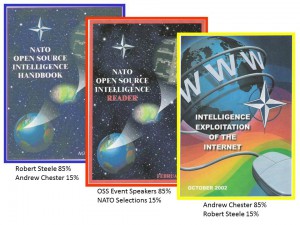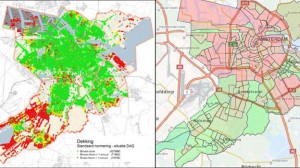
Biological computer created at Stanford
In the foreseeable future, humans might carry microscopic natural computers inside their cells that could guard against disease and warn of toxic threats based on a Stanford research achievement.
A team of engineers there has invented genetic transistors, completing a simple computer within a living cell, a major step forward in the emerging field of synthetic biology.
The startling achievement, to be unveiled in Friday's issue of the journal Science, presages the day when “living computers' inside the human body could screen for cancer, detect toxic chemicals or even turn cell reproduction on and off.
“We're going to be able to put computers inside any living cell you want,' said lead researcher Drew Endy of Stanford's School of Engineering.
The computers could deliver true-false answers to virtually any biological question that might be posed within a cell. For instance: Is toxic mercury present? It could detect it.
Also: They can count. This would be a useful tool when treating diseases like cancer, where cells divide uncontrollably. Suppose a liver cell carries a counter that records how many times it divides. Once the counter hits 500, for instance, the cell could be programmed to die.
Endy's work “clearly demonstrates the power of synthetic biology and could revolutionize how we compute in the future,' said UC Berkeley biochemical engineer Jay Keasling. He is director of the Synthetic Biology Engineering Research Center that helped support research at Stanford.






